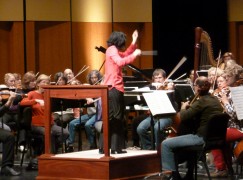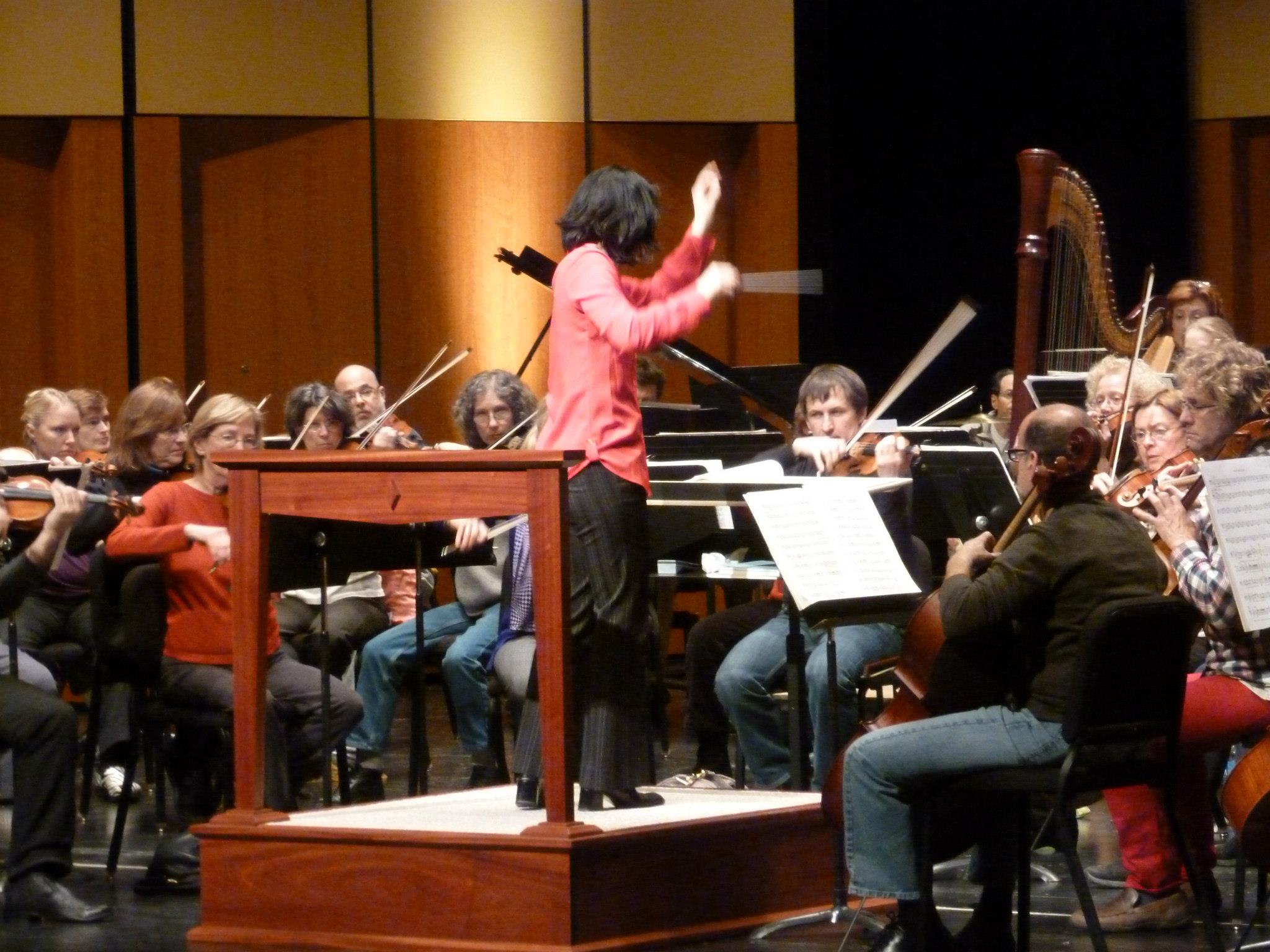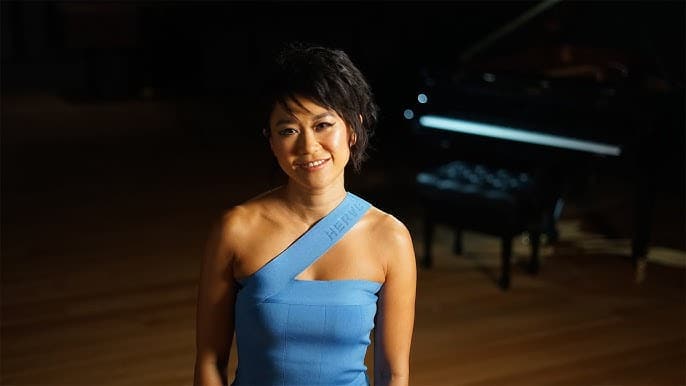Another US newspaper deletes classical reviews
mainThe Hartford Courant has decided not to review the Hartford Symphony any more.
Editor’s Note: The Courant has shifted the direction of its coverage of the symphony to focus more on advance stories and information to better serve those interested in attending these events who might need more time to make arrangements.
This seems to be a growing trend, and some readers are livid:
It is unconscionable that The Courant will no longer review the major concerts of the Hartford Symphony Orchestra. Whether this decision was made for financial reasons or because a suitable critic could not be found, it is unacceptable to music lovers of central Connecticut….
Ignoring the performances of New England’s second largest orchestra with nearly 4,500 subscribers and 2,000 donors is an affront to its musicians and their patrons. A logical corollary would be to ask if the newspaper would ever think of eliminating the daily Sports Section…
Read on here.







Hostility towards art.
I guess this decision is in line with the growing trend to question the ‘relevance’ of classical music, particularly as virtually all of its major composers are dead white males. This fact doesn’t fare well in today’s increasingly hysterical PC climate.
Great composers cannot be faulted because they are white or dead. What is true about them is that their work endures, as will the music of many living and non-white composers of our time.
Actually it’s beginning to appear that J S Bach was black, or at least brown — an on-going restoration of the Scheidemann portrait, now back in Leipzig, is said to show this. Beethoven: definitely black.
So that problem is out of the way. “Classical lives matter!” — let that be our slogan.
What a relief !!
Neither Beethoven nor Bach were black. You can trace their genetic lineage and there isn’t a single African in either family.
There is a valid point there, that advance feature stories better serve readers by giving them an opportunity make plans and attend something. By the time a review runs, the concert or series has likely passed and unless you were there, the critic’s opinions probably hold little interest. The question is, in reality, will the Courant actually do advance stories or just give up on classical coverage altogether?
Don’t be naive. It’s the same person who has know-how to write advance stories who writes critical reviews.
Okay – I don’t know how it’s being naive to say that if a paper is going to devote resources to classical coverage, advance stories may have greater impact than reviews would. Of course, it may be the same writer.
Usually “advance stories” means copying & pasting press releases provided by the orchestra. Granted, those can serve a valuable purpose — to alert potential audience members ahead of time — but they can also be managed with decreased staffing (5 minutes a week from the “entertainment” editor can take care of it).
Seems to me the advance story is being aimed with the intention of filling halls. That is NOT a newspaper’s job. Orchestras, including the local one, can advertise. THAT is how to fill halls. A newspaper is a reporting organ, and reviews properly done report what went on in a particular hall on a particular night. And, if the reviewer position has been properly staffed, they illuminate aspects of specific concerts (or other events) and provide enrichment for readers. Reviews are a record of activity that will cumulatively contribute to the history of an orchestra, a piece of music, an artist, etc. Advance pieces, which can be useful in introducing new artists, performances, groups, works to a community have their place, but papers are not in the business of selling tickets.
True. In fact, EVERYTHING a newspaper is presenting to its readers is reporting: news, sports, etc. That is what a newspaper IS. The whole discussion is just crazy and embarrassing.
It’s fun to watch an extended conversation about a newspaper’s choices in which no participant mentions the collapse of newspaper revenues industry-wide.
It is the quality of its reporting and writing extensive reports about the arts which may provide newspapers with a good point against the competition. There are still many people who prefer reading from paper than from a screen.
I subscribe to two newspapers (the local one and the NY Times) but only online. FWIW.
I too subscribe to two newspapers, the local one and the NY Times — but the print version. What’s your point?
A quick Google search shows the Courant did its first round of newsroom buyouts a decade ago and there have been three rounds, that I’ve found, since then. When you’ve cut past bone, you face difficult choices. But at least this comment thread is finally making even a superficial attempt to discuss those choices, instead of pretending newspapers are rich and that staffing cuts are aesthetic choices.
Depressing as hell. And a total cop-out.
I can’t tell you how many times I’ve searched online 1-2 days after attending a recital or concert, only to find not a single review – but plenty of these “advance” articles. For me they are a waste of space because they duplicate information already available on the many classical music calendars and purely informational sites sprinkled all over the internet. It’s not just newspapers that are doing this, solely-online classical review sites are doing it too.
Makes me want to go on a rampage.
Hartford is a pale shadow of it’s former self. While it’s sad to see this happen, there’s no need to waste time reviewing an orchestra in decline.
This is an opening for any music lover, with the time, confidence and writing ability, to cover their local orchestra and maybe become its arbiter.
Unlimited space and maybe less susceptible to pressure, of good or ill.
If classical music and a space to discuss it have a place in the community, surely someone will step forward; better, more than one.
Here’s one of the things which the internet makes possible; for dying newspapers it’s just another intolerable burden.
Scary for professional critics; otherwise high time to stop the whining about these developments.
I imagine the still cover sporting events after the fact, after it is too late to buy a ticket to go to them.